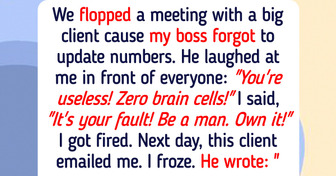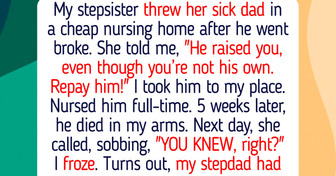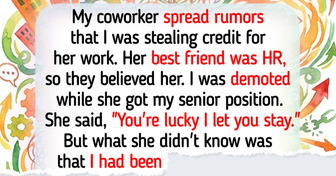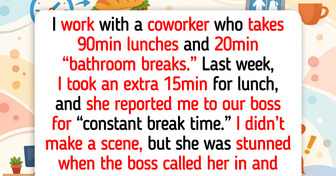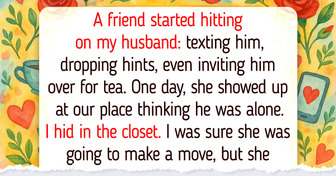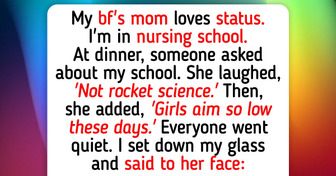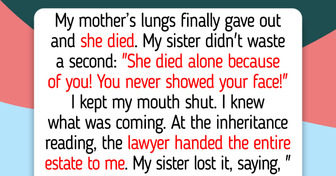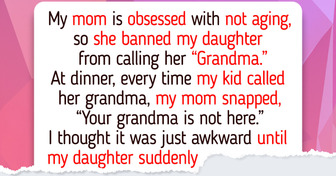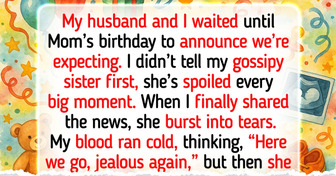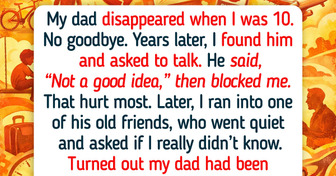13 Celebrity Couples That Could’ve Won the Genetic Jackpot Had They Become Parents

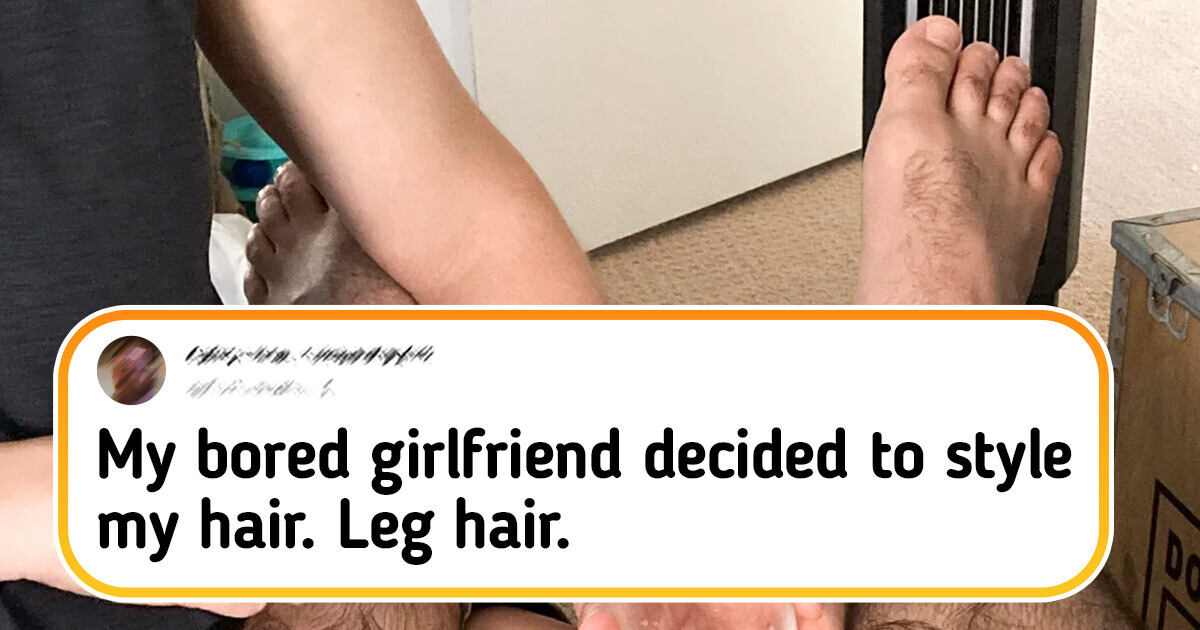
Boredom gets a bad rap. It’s often dismissed as wasted time, a gap to be filled with endless scrolling, binge-watching, or multitasking. However, neuroscientists, psychologists, and productivity experts have a surprising message for us: boredom can be your brain’s secret weapon for sparking creativity and innovation. Let’s dive into the science, stories, and strategies that prove why boredom might just be the break your brain has been craving.
According to experts, boredom activates the “default mode network” (DMN) in your brain. The DMN is responsible for daydreaming, reflection, and creative thinking. When your mind isn’t preoccupied with tasks or distractions, it starts to wander—and that’s where creativity thrives.
A 2014 study further supports this. Researchers found that participants who engaged in a dull activity (like copying numbers from a phone book) were more creative in brainstorming tasks afterward. Why? Their minds had the space to connect disparate ideas and think innovatively.
Basically, it’s something like your brain’s backstage crew. It’s working behind the scenes to organize thoughts, solve problems, and spark inspiration.
Consider Isaac Newton, who was reportedly sitting under an apple tree during a quiet moment when he began contemplating the forces of gravity. That moment of reflection, free from distraction, led to one of the most profound scientific breakthroughs in history.
Also, the concept for the iconic Post-it Note was born when 3M scientist Spencer Silver stumbled upon a sticky, reusable adhesive. His colleague Art Fry later found inspiration while bored during a church choir practice. The combination of boredom and idle thought led to one of the most successful office products of all time.
Even modern tech titans like Steve Jobs have credited boredom with fueling creativity. Jobs famously said, “I’m a big believer in boredom. Boredom allows one to indulge in curiosity, and out of curiosity comes everything.”
Our digital age has conditioned us to fill every moment with stimulation. From social media notifications to Netflix binges, there’s always something to occupy our attention. But as Dr. Manfred Spitzer, author of Digital Dementia, warns, constant stimulation can rob us of the mental downtime we need to be innovative.
The myth that downtime equals laziness or unproductiveness fuels this avoidance. But, as we can see, experts agree that stepping away from busyness is essential for mental health and creativity. Boredom, far from being a waste, can be a reset button for your brain—a chance to step back, reflect, and refocus.
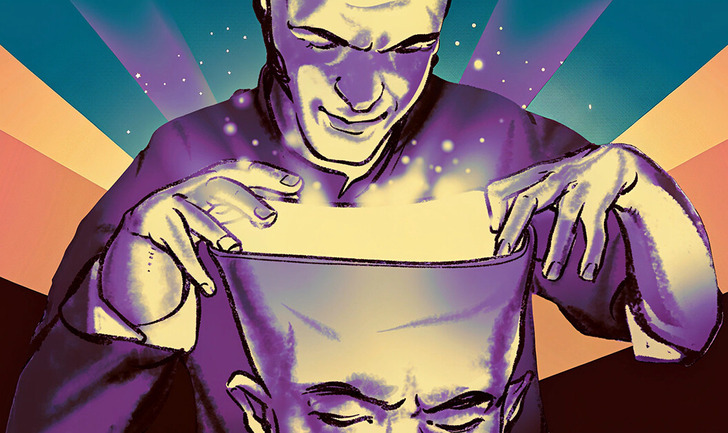
The next time you feel bored, resist the urge to pick up your phone or fill the silence with distractions. Instead, lean into the moment and see what your brain can come up with. You might just surprise yourself with a brilliant idea or a fresh perspective. Just like these Redditors did 😂:
Here is another idea for an unconventional hobby: try thrift shopping. They say there’s a possibility of hitting your financial goals with just one find.


